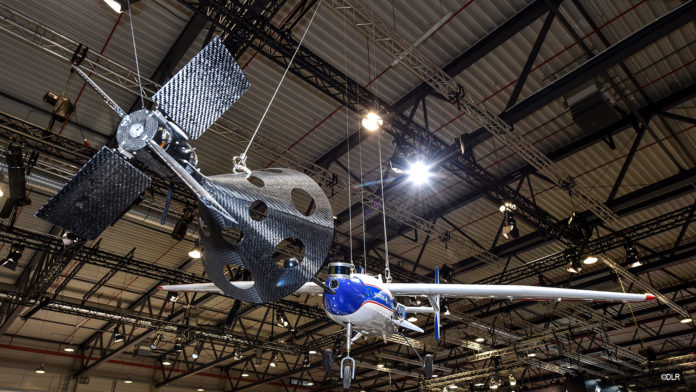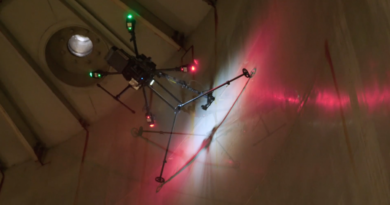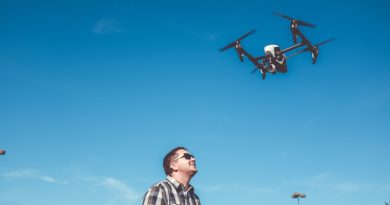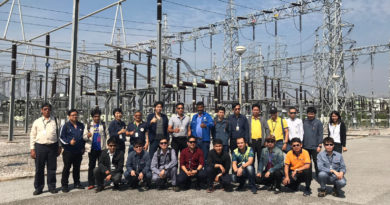Drone Rescue Systems GmbH cooperates with the German Aerospace Center
The parachute safety solution manufacturer Drone Rescue Systems GmbH supports the European research project Formation flight for in-Air Launcher 1st stage Capturing demonstration (FALCon). Under the leadership of DLR, research is being conducted on how launch vehicles can be returned to the launch site as efficiently as possible for re-use.
The aim of FALCon is to achieve cost-efficient and environmentally friendly satellite transport. The focus of the project lies on the return of rocket stages after launch. In order to be able to reuse these stages, efforts are being made to recapture them in the air using a “rocket catcher “.
For the next three years (March 2019 to February 2022) the focus will be on the development and flight demonstration of a technical solution for this idea. While still in the air, rocket stages are to be captured by a transport aircraft over the sea and pulled into the vicinity of the landing site. There, the stages are to land independently.
“We are proud to be part of the FALCon research project together with five international partners and DLR as part of HORIZON2020 (EC grant 821953), the EU’s largest research and innovation program to date. The capture and towing of rocket stages in flight, i.e. an autonomous and safe landing, is a particularly interesting topic for us as a manufacturer of parachute safety solutions,” says Andreas Ploier, CEO of Drone Rescue Systems GmbH.
The research project has already carried out initial flight experiments with unmanned small aircraft.
About
Drone Rescue Systems GmbH, awarded by the European Space Agency (ESNC-2016), developed the fastest and most efficient parachute safety solution for drones available on the market right now. The parachute safety solution works autonomously and independently from the drone and ejects the parachute in a fraction of a second, enabling safe commercial and private drone usage even over crowed places.
The main goals of the Drone Rescue products are to reduce the risk of harming people on the ground and to bring down the expensive equipment safely when the drone malfunctions while in flight.



